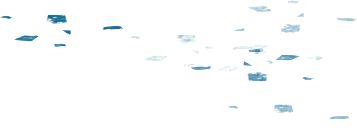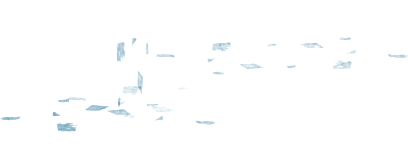BBC Radio 4 Appeal
We are delighted to be working with Dame Julie Walters on our BBC Radio 4 Appeal which tells the story of Hawa, a young mother from rural Somaliland who received life-saving support from Saed, a nurse trained by THET.


In the rural areas of Somaliland, it is challenging to place and retain medical doctors. Often, when pregnant mothers visit their local health centre, there is no qualified health worker to care for them, putting their lives at risk.
That’s why THET, in partnership with the Somaliland Ministry of Health and the Centre for Global Health at King’s College London, has trained over 1,000 health workers in emergency obstetric and neonatal care.
Through our programme, nurses have been trained to perform some of the functions of a medical doctor, acquiring the knowledge to be able to identify complications during pregnancy, as well as skills in resuscitation and anaesthesia. At the same time, medical doctors have been trained to effectively respond to those in need of critical care.
Together, the newly trained doctors and nurses provide life-saving services to mothers and their babies, helping to improve maternal and newborn survival rates in rural Somaliland.
Our BBC Radio 4 Appeal presented by award winning actress, writer and comedian, Dame Julie Walters, tells the story of Hawa, a young mother who lives in the village of Abdal in rural Somaliland.
After a complication during her pregnancy, Hawa received an emergency C-Section and returned home with a healthy baby girl thanks to life-saving support from Saed, a qualified nurse, and Dr Khalil, a medical doctor, who both took part in THET’s training programme in emergency obstetric and newborn care.
In a region of the globe where being pregnant is a woman’s greatest danger, their new skills have been life changing for women like Hawa.
Saed and Dr Khalil are just two of over 100,000 health workers THET have trained in the last ten years, from midwives in Nepal to surgeons in Ethiopia.
I support the Tropical Health and Education Trust because they are training health workers in parts of the world where there simply aren't any. I hope you'll support them too.
Dame Julie Walters - Award winning actress, writer and comedian


Meet Hawa
‘The current health situation in my community and the previous one is not the same. Women used to deliver at home, bleeding and suffering there. They did not have trained health workers or services. They suffered from severe pain and bleeding; many have died like that.
When I became pregnant, I went to the Maternal and Child Health Centre in my village for regular check-ups. Saed told me that I needed a Caesarean and I was taken to Berbera hospital in the ambulance where I was checked by Dr. Khalil who performed the surgery. After the procedure I returned home with my healthy baby girl and continued to receive further care.
Now that we have trained health workers like Saed, we don’t have cases of complications and bleeding during deliveries and women do not suffer anymore in Abdal.’

Meet Saed
‘I became a nurse when I realised that there is a need for trained health workers in the country and when I saw the difficult situations my people were facing.
The common cases we see at my health centre are pregnant mothers who cannot deliver the baby normally. There are about 50 deliveries a month, and at least 20 of these are complicated. We also see cases of pregnant mothers in the third trimester with hypertension which puts both the baby and mother at risk.
The training I received from THET provided me with new knowledge and skills. We received a lot of practical lessons and worked on real cases including medical operations that required real decision making.
In the six months following my training, there have been 400 deliveries at my health centre, of which many were complicated cases. Because of the training, we have been able to provide services which have saved mothers and babies.’

Meet Dr Khalil
‘I work on the maternity ward in Berbera hospital. Before my training I was able to diagnose mothers and prescribe medication, but when it came to complicated childbirth, I had to call another doctor to carry out the operations.
The biggest challenge I faced was conducting caesarean sections; I was unable to help mothers acutely in need of my assistance.
For a period of two months I was placed in Borama General Hospital where I received training in core skills and competencies and was able to conduct 10 supervised child births. I developed lifesaving skills and learned how to handle complicated cases.
As there was a very critical need in my hospital, I started to apply my new skills immediately after I returned from the training. In the first month, I conducted 15 operations. I believe that this is quite an exceptional achievement for the people of the region and for the Ministry of Health.’

